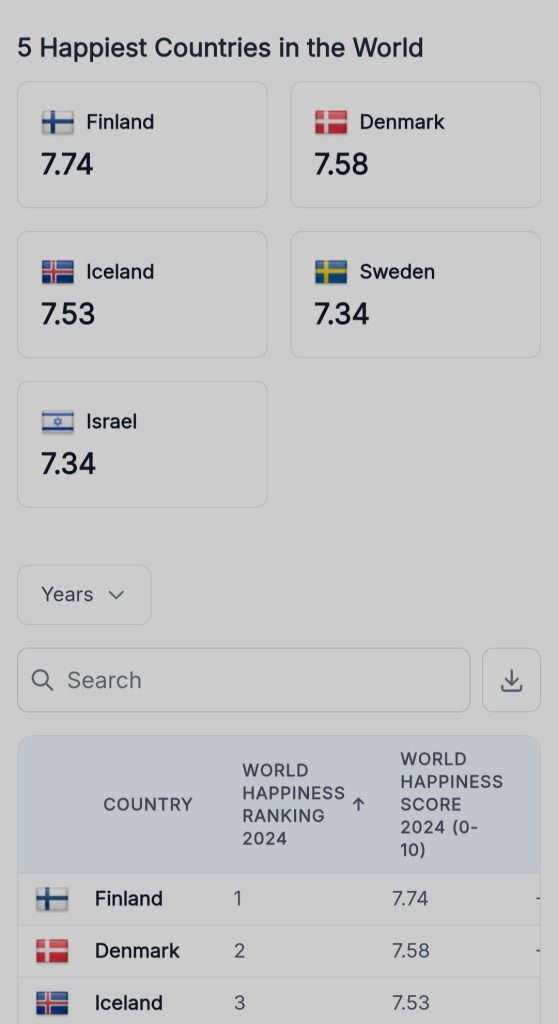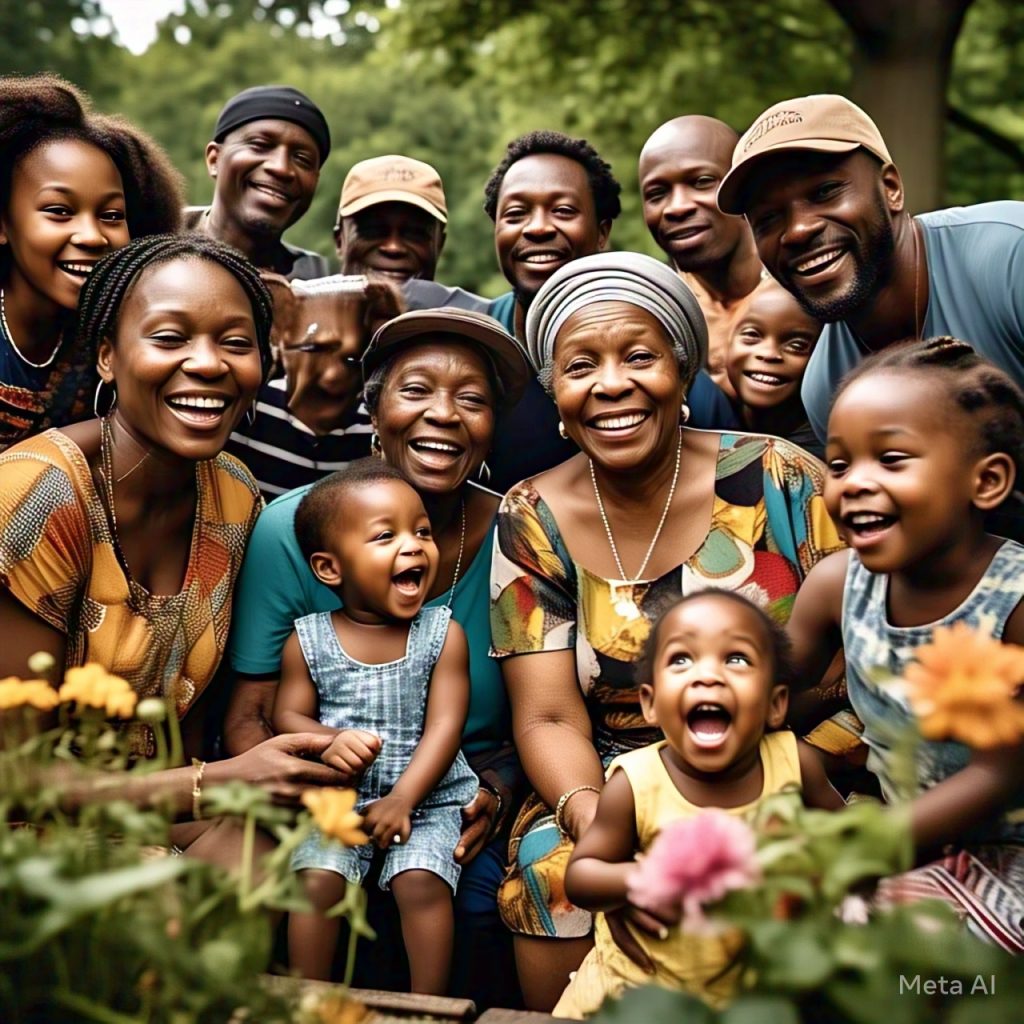Nigeria ranked 105 out of 147 nations in the 2025 World Happiness Report, which was unveiled on March 20, the International Day of Happiness.
Nigeria dropped three spots from its 2024 ranking of 102 in the latest report but became the 10th happiest country in Africa.
The study suggests that social and religious norms and weak institutional social safety nets influence patterns of generosity in different societies.
“The relative frequency of other benevolent acts depends on local social and religious norms, as well as the role of private benevolence as a substitute or supplement for institutional social safety nets,” the report said.
Nigeria follows a trend observed in other African countries such as Sierra Leone, Jamaica and Liberia, which are more likely to help strangers but rank much lower in donation-based benevolence. The country also scored low in societal trust, particularly in the return of lost wallets.
The country’s increased economic hardship has strained the good hearts of many Nigerians, which has been reflected in the decline in the country’s reputation for acts of kindness and charity.

On the other hand, Libya emerged as the highest-ranked nation in Africa, ranking 79 on the list. Despite ongoing challenges, it surpasses its neighbours’ life satisfaction and societal well-being.
Finland maintained its position as the world’s happiest country for the eighth consecutive year, with other Nordic nations like Denmark, Iceland, and Sweden following its lead.
According to the report, the Netherlands is number five, Israel is number eight, and Luxembourg is number nine, completing the top 10 list.
Afghanistan is ranked last at number. 147, followed by Sierra Leone at 146, Lebanon at 145, Malawi at 144, and Zimbabwe at 143, rounding out the five lowest-ranking countries in the happiness index.
Afghanistan has been battling a humanitarian crisis since the Taliban movement regained control of its government in 2021.
Meanwhile, the United States fell out of the top 20 for the first time last year and now ranks No. 24, having reached its highest ranking of No. 11 back in 2012.


The decline in happiness is not exclusive to the US. The United Kingdom now ranks 23, recording its lowest average life satisfaction since 2017.
In the meantime, Canada, which has seen a downward trend in happiness over the past decade, remained in the top 20 at number 18.
Though the study suggests that social and religious norms and weak institutional social safety nets influence different societies, the global research shows that people are much kinder than expected.
According to John Helliwell, a founding editor of the World Happiness Report, “People’s fellow citizens are better than they think they are, and to realise that will make you happier, of course, but it’ll also change the way you think about your neighbours, you’re more inclined to think of a stranger in the street as simply a friend you haven’t met and not somebody who poses a threat to you.”

The International Day of Happiness, celebrated annually on March 20 since 2013, coincides with the release of the yearly happiness report. The World Happiness Report is released by the United Nations Sustainable Development Solutions Network in collaboration with Gallup and the Oxford Centre for Well-Being Research.
It examines how happiness varies across populations, showing significant differences within and between nations. The report examines six key variables to help explain life evaluations: GDP per capita, social support, healthy life expectancy, freedom, generosity and perceptions of corruption.
This year’s report edition focused “on the impact of caring and sharing on people’s happiness” and how happiness varies across populations, showing significant differences within and between nations.
The report draws on Gallup World Poll data from people in more than 140 countries. Countries are ranked on happiness based on their average life evaluations over the three preceding years, from 2022 to 2024. The report is a partnership of Gallup, the Oxford Wellbeing Research Centre, the UN Sustainable Development Solutions Network and an editorial board.

The survey asks each participant to score their life as a whole, and rankings are based on those life evaluations. The report then looks at six key variables to help explain life evaluations: GDP per capita, social support, healthy life expectancy, freedom, generosity and perceptions of corruption.
The other bottom five for happiness are Afghanistan, Sierra Leone, Lebanon, Malawi, and Zimbabwe.

Author: Joy Gofwen
Lagos, Bureau Chief,
Nigeria









This is a topic close to my heart cheers, where are your contact details though?
Whats up very nice web site!! Man .. Beautiful .. Wonderful .. I’ll bookmark your web site and take the feeds alsoKI’m happy to search out so many useful information right here in the publish, we need develop more techniques on this regard, thanks for sharing. . . . . .
This is the right blog for anyone who wants to find out about this topic. You realize so much its almost hard to argue with you (not that I actually would want…HaHa). You definitely put a new spin on a topic thats been written about for years. Great stuff, just great!
I gotta favorite this web site it seems very beneficial very beneficial
Hello there! Do you use Twitter? I’d like to follow you if that would be okay. I’m definitely enjoying your blog and look forward to new posts.
I like this web site very much, Its a very nice spot to read and incur information.